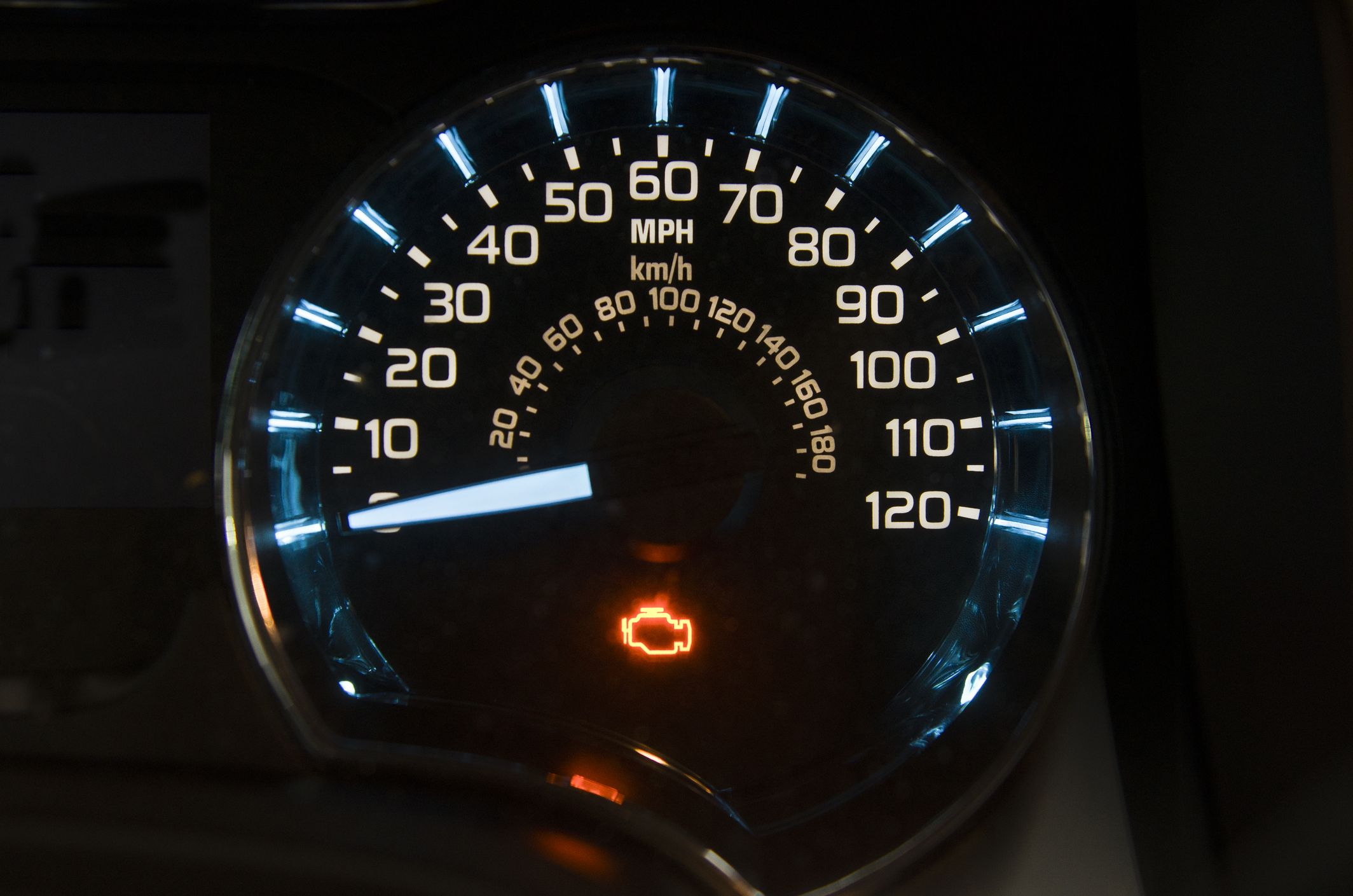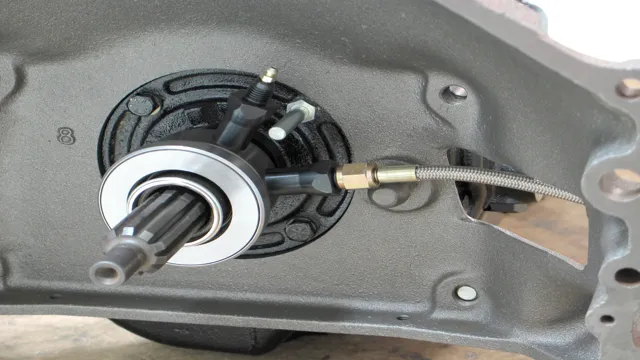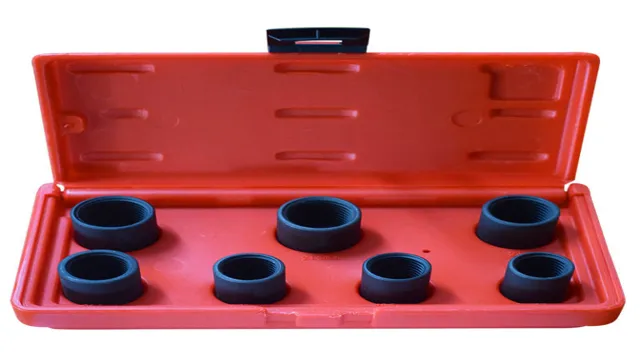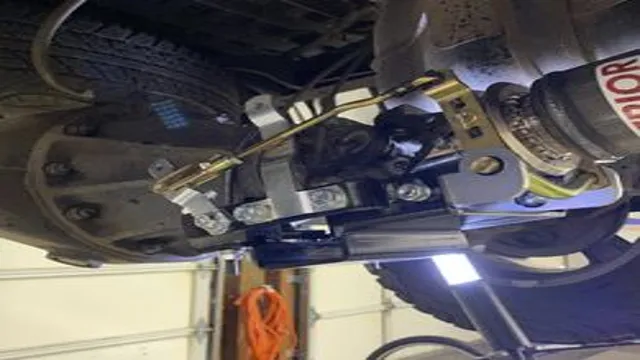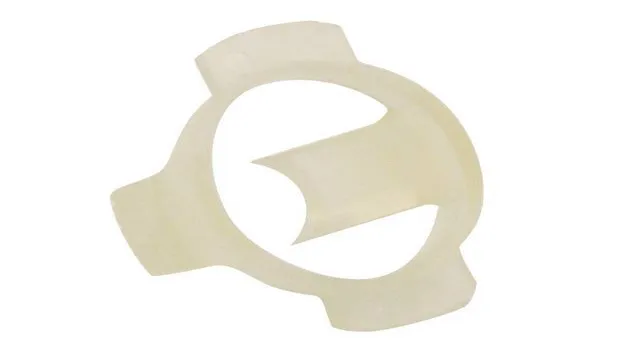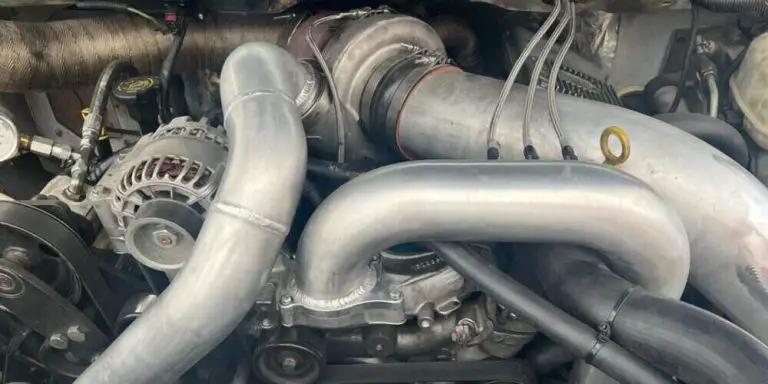Honda Check Engine Light: Troubleshooting Made Easy
When the check engine light comes on in your Honda, it could be due to a variety of reasons such as a faulty emissions control part, dirty mass airflow sensor, or defective spark plugs, among others. It is important to have it checked by a mechanic to avoid further damage, although it is typically not an urgent problem.
If the check engine light starts flashing, it indicates a severe engine misfire and prompt attention is required. The check engine light can cause concern for many Honda owners as it indicates a potential problem with their vehicle. Understanding the reasons behind the check engine light and knowing whether it requires immediate attention or not can save time, money, and anxiety.
We will explore the common causes of the check engine light in a Honda and provide insights on how to handle the situation appropriately.
Understanding Honda Check Engine Light
When the Honda Check Engine Light illuminates, it signals a potential issue with the vehicle’s system, such as faulty emissions control or oxygen sensor. Prompt attention and diagnostics are crucial to identify and rectify the problem efficiently, ensuring optimal vehicle performance and longevity.
Trust professional technicians to address and resolve the underlying cause for a smooth driving experience.
Common Causes Of Check Engine Light
There are several common reasons why the check engine light may come on in your Honda. These include:- Faulty emissions control part
- Faulty head gasket
- Dirty mass airflow sensor
- Malfunction with the fuel injection system
- Damaged oxygen sensor
- Defective spark plugs
Significance Of Different Light Indicators
The check engine light on your Honda can come in different forms, indicating varying levels of urgency. Here’s what each type of light indicator means:- Solid Check Engine Light: This typically indicates a less urgent problem, such as a loose gas cap or a malfunctioning oxygen sensor. While your vehicle can usually still be driven, it is advisable to have it checked by a mechanic as soon as possible to prevent further damage.
- Flashing Check Engine Light: If the check engine light starts flashing, it is a sign of a severe engine misfire. This could be due to unburned fuel being dumped into the exhaust system. It is crucial to address this issue promptly and transport your Honda to a mechanic for immediate attention.

Credit: www.amazon.com
Troubleshooting The Check Engine Light
If you’re experiencing a Check Engine Light issue with your Honda in Austin, Texas, it’s important to troubleshoot the problem. Don’t panic! Learn how to easily pull Honda codes without a scanner and reset the Check Engine Light with helpful DIY videos.
Diy Methods For Troubleshooting
If you’re experiencing the dreaded check engine light in your Honda, there are a few DIY methods you can try before seeking professional help. These methods can help you troubleshoot the issue and potentially save you time and money.
When To Seek Professional Help
While DIY methods can be effective in some cases, there are situations where it’s best to seek professional help. If you’re unsure of what the issue might be or if you’re not comfortable working on your vehicle, it’s always recommended to consult with a qualified mechanic.
Diy Methods For Troubleshooting
- Check for a loose gas cap: A loose gas cap can trigger the check engine light. Make sure it’s tightened securely.
- Inspect for damaged wires and connections: Check for any visible damage or corrosion in the wires and connections of the engine system.
- Scan for codes using an OBDII scanner: If you have access to an OBDII scanner, you can plug it into the diagnostic port to read the trouble codes.
- Reset the check engine light: In some cases, the check engine light may be triggered by a temporary issue. You can try resetting it by disconnecting the battery for a few minutes.
When To Seek Professional Help
Professional help may be needed in the following situations:
- The check engine light is flashing: A flashing check engine light indicates a severe problem that requires immediate attention.
- You’re unable to diagnose the issue: If you’re unable to determine the cause of the check engine light despite your DIY efforts, it’s best to consult a professional.
- Complex engine problems: Certain engine problems require specialized tools and knowledge to diagnose and repair.
- Under warranty: If your Honda is still under warranty, it’s recommended to take it to an authorized dealership for diagnostic and repair.
Remember, the check engine light is an indicator that something is wrong with your vehicle. It’s important to address the issue promptly to prevent further damage and ensure the safety and reliability of your Honda. Whether you choose to troubleshoot it yourself or seek professional assistance, taking action is crucial.
Interpreting Check Engine Light Signals
Decoding Diagnostic Trouble Codes (dtcs)
When the check engine light illuminates, it may indicate issues with the vehicle that can be deciphered through Diagnostic Trouble Codes (DTCs). These codes offer insights into specific problems, helping mechanics pinpoint and resolve issues efficiently.
Analyzing Flashing Vs. Solid Check Engine Light
Understanding the difference between a flashing and solid check engine light is crucial. A flashing light typically signifies a severe problem that requires immediate attention, such as an engine misfire, whereas a solid light indicates a less urgent issue that still necessitates inspection.

Credit: www.amazon.com
Resetting The Check Engine Light
If your Honda’s check engine light has come on, it can be a cause for concern. However, in some cases, the issue might be minor or could have been resolved with a simple fix.
Methods For Resetting Without Obdii Reader
Resetting the check engine light on your Honda can be done without an OBDII reader. Some of the methods include:
- Disconnecting the battery for at least 15 minutes and then reconnecting it.
- Using a diagnostic reset tool to clear the error codes.
- Finding and removing the engine control module (ECM) fuse to reset the light.
Importance Of Clearing The Light
Clearing the check engine light is essential as it can help in identifying new issues in the vehicle. It also ensures that any resolved problems are no longer being flagged, allowing the vehicle to operate optimally.
Preventive Measures For Check Engine Light
Preventing your Honda’s check engine light from illuminating can help you avoid potential costly repairs and keep your vehicle running smoothly. By following these preventive measures and carrying out regular maintenance, you can minimize the chances of encountering issues with the check engine light.
Regular Maintenance Tips
Regular and proactive maintenance is essential to avoid the check engine light from turning on. Establish a routine maintenance schedule which includes:
- Changing the engine oil and filter at recommended intervals
- Inspecting and replacing spark plugs as needed
- Checking and replacing the air filter when dirty or clogged
- Ensuring the fuel cap is tight and in good condition
- Performing regular checks on the emission control system
Addressing Common Honda Issues
Addressing and resolving common issues specific to Honda vehicles can help prevent triggering the check engine light. Be aware of potential problems such as:
- Faulty emissions control parts
- Dirty mass airflow sensor
- Malfunctioning fuel injection system
- Defective oxygen sensor
- Damaged spark plugs
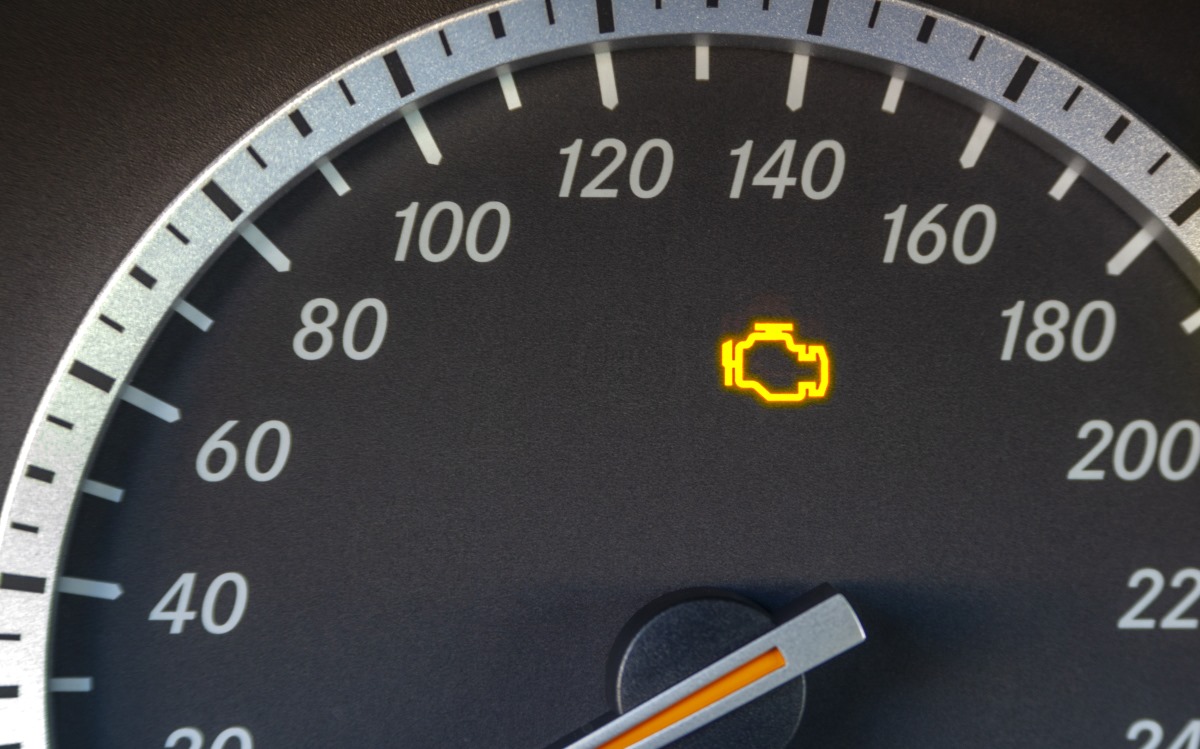
Credit: www.cbac.com
Frequently Asked Questions Of Honda Check Engine Light
What Causes The Check Engine Light To Come On In A Honda?
The check engine light in a Honda can come on due to various reasons such as a faulty emissions control part, malfunctioning fuel injection system, dirty mass airflow sensor, or damaged oxygen sensor. It is important to have it checked by a mechanic as soon as possible to avoid further damage.
What Is The Most Common Reason For Check Engine Light?
The most common reason for a check engine light is a failing oxygen sensor. Get it replaced promptly by a local auto repair shop.
How Bad Is A Solid Check Engine Light?
A solid check engine light is usually not urgent and the vehicle can still be driven. However, it’s important to have it checked by a mechanic as soon as possible to avoid further damage.
Why Is My Honda Check Engine Light Flashing?
If your Honda check engine light is flashing, it indicates a severe engine misfire. This requires prompt attention to prevent further damage. Common causes include faulty emissions control parts, head gasket issues, and malfunctioning sensors. Immediate transport to a mechanic is recommended.
Conclusion
Addressing Honda check engine light issues promptly is essential for vehicle health. Whether it’s a sensor malfunction or a fuel system problem, timely attention can prevent further damage. Trust a mechanic to diagnose and fix the issue efficiently for a smooth driving experience.

